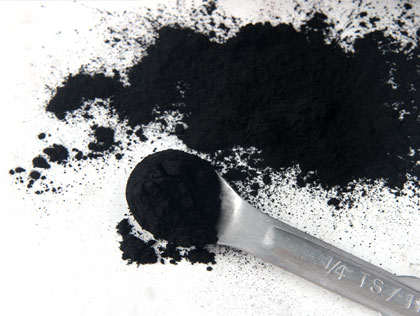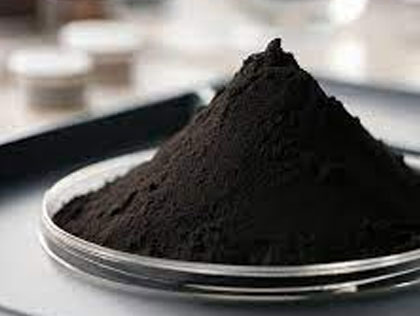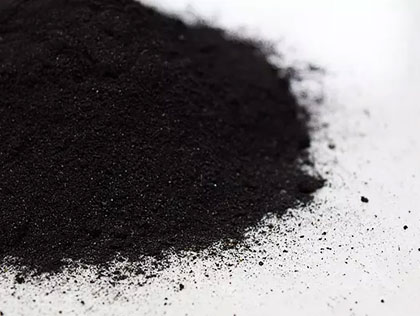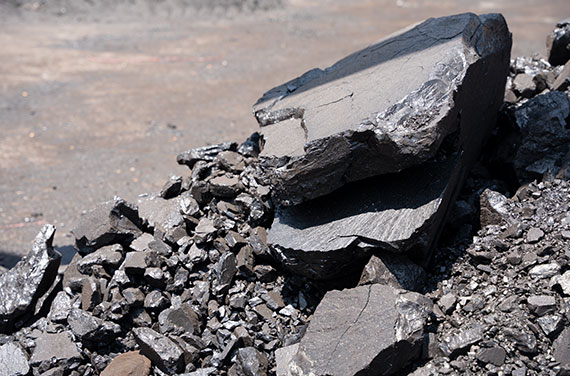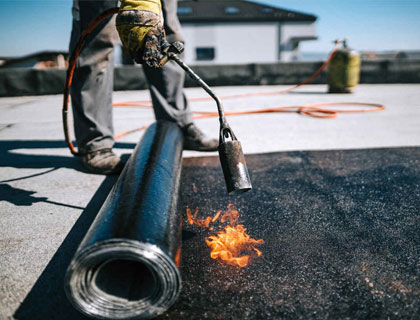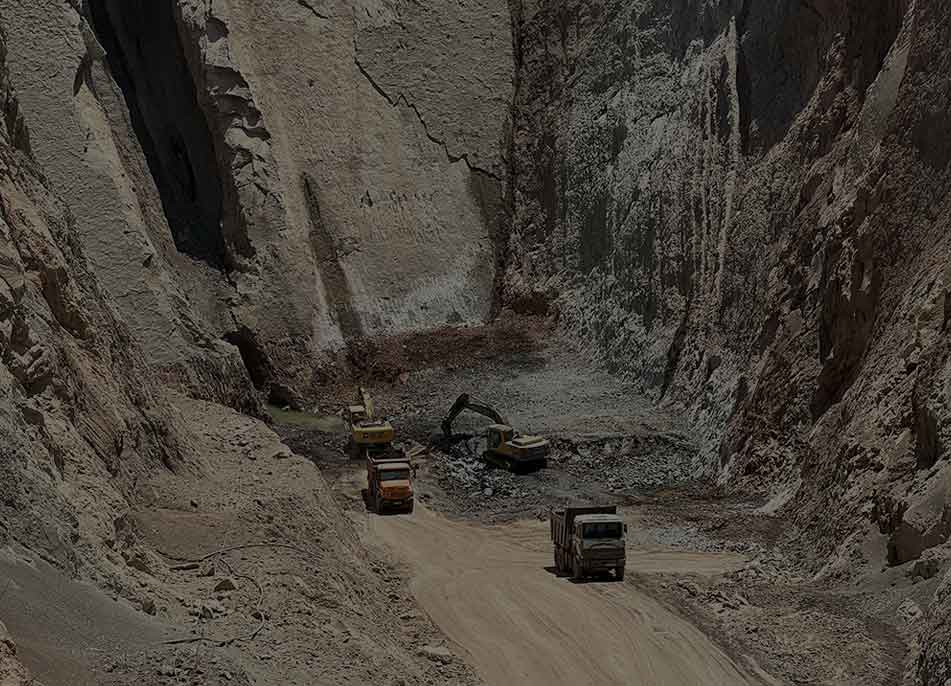This is the most common type of gilsonite, which is mined from deposits in the United States, Turkey, and other countries. Natural gilsonite is used in the production of asphalt, roofing materials, and other industrial applications.
This type of gilsonite is chemically modified to improve its properties for specific applications. For example, modified gilsonite can be used as a binder in the production of briquettes and pellets for fuel.
This type of gilsonite is a mixture of natural and modified gilsonite, which combines the properties of both types. Blended gilsonite is often used in the production of adhesives, sealants, and coatings.
This type of gilsonite is finely ground to a powder form, which improves its dispersibility and reduces its viscosity. Micronized gilsonite is often used in the production of drilling fluids, ink, and paint.

Gilsonite in

Gilsonite in
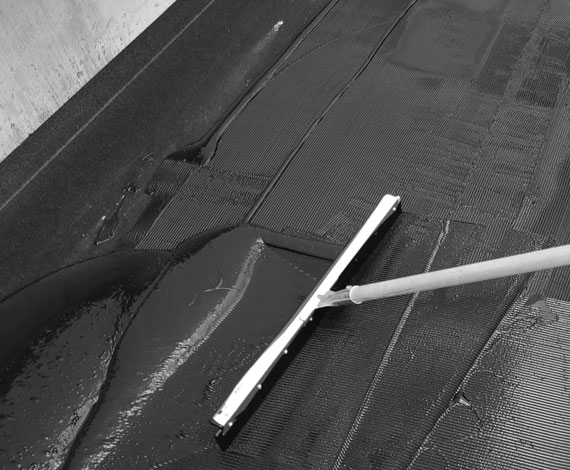
Gilsonite in

Gilsonite in
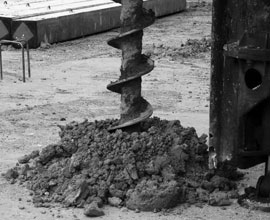
Gilsonite in

Gilsonite in

Gilsonite in
Gilsonite is a naturally occurring solid hydrocarbon, also known as natural asphalt or uintaite. It is found in the Uinta Basin in Utah, USA, and is a byproduct of petroleum deposits. Gilsonite is a black, shiny, and brittle material that has a high melting point and is resistant to water and chemicals. It is used in a variety of applications, including as an additive in asphalt and concrete, as a drilling mud additive in the oil and gas industry, and as a binder in the manufacture of roofing materials and adhesives. Gilsonite is also known as natural asphalt or uintaite. Gilsonite lump refers to a natural mineral substance that occurs in the form of lumps or chunks. It is a type of asphaltite, which is a naturally occurring hydrocarbon that contains high amounts of carbon and hydrogen. Gilsonite lumps are typically black in color and have a shiny, glass-like appearance. They are often used in various industrial applications, such as in the production of asphalt, adhesives, and coatings. The most important use of gilsonite is in the production of asphalt and road paving materials. It is added to asphalt mixes to improve their durability, reduce cracking, and increase resistance to wear and tear. Gilsonite is also used in the production of roofing materials, including shingles and coatings. In addition, it is used as a binder in the production of briquettes and pellets for fuel. Gilsonite has also found applications in the production of adhesives, sealants, and coatings for various industrial and commercial uses.
This form of gilsonite is easier to handle and transport, and it can be used in a variety of applications.
